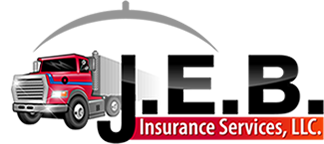Semi-trucks are becoming bigger and bigger when they can. Profit margins are thin, which means being able to carry more on each route makes a lot of business sense. But not everyone likes having oversized trucks in their region, and big trucks have their own safety considerations. If you’re weighing the pros and cons of adding a truck for larger loads, it’s not necessarily a bad decision. But keep in mind that:
State regulations may limit trucks with bigger capacities to a narrow range of roads.
Not all roads are built to handle a lot of semi-truck traffic. The highway system is already under strain near major metropolitan areas and docks because they have to handle heavy vehicles with relatively little maintenance. Federal-, state-, and county-controlled roads all have different weight limits, ordinances, and repair constraints that may larger trucks less and less popular.
People also don’t like bigger trucks, regardless of any potential savings that are carried down to the consumer level, and it’s that people that state and local governments are more likely to listen to. That means smaller government systems are more likely to:
- decrease the maximum weight for commercial vehicles on county-maintained roads.
- enforce limited hours of operation, especially in the mornings and during rush hour.
- ban trucks of a certain weight or size, forcing them to use federally-maintained interstates.
While bigger trucks have a lot to offer carriers in terms of efficiency and potential revenue, these constraints might make you think twice about investing in them.
Bigger trucks are less safe.
Almost everything that’s dangerous about semi-trucks is more dangerous in bigger semi-trucks. Larger trailers mean more drag. Larger trailers that are empty can catch on the wind and overturn. Heavy trucks have longer braking times, which surrounding vehicles may not take into consideration, and it’s even worse on icy roads. Bigger trucks are also harder on their tires and equipment, which means problems are more likely to develop, and each problem could be more deadly in scope.
Bigger trucks certainly have their place, but your company needs to have the right training programs, equipment standards, and insurance in place. Go to J.E.B. Insurance Services, LLC. to see insurance you need for bigger rigs to protect your drivers, your company, and other drivers on the road. We provide commercial truck insurance in the states of Florida, Georgia, Texas, North Carolina, South Carolina, Tennessee, Illinois, Iowa, and Nebraska.


